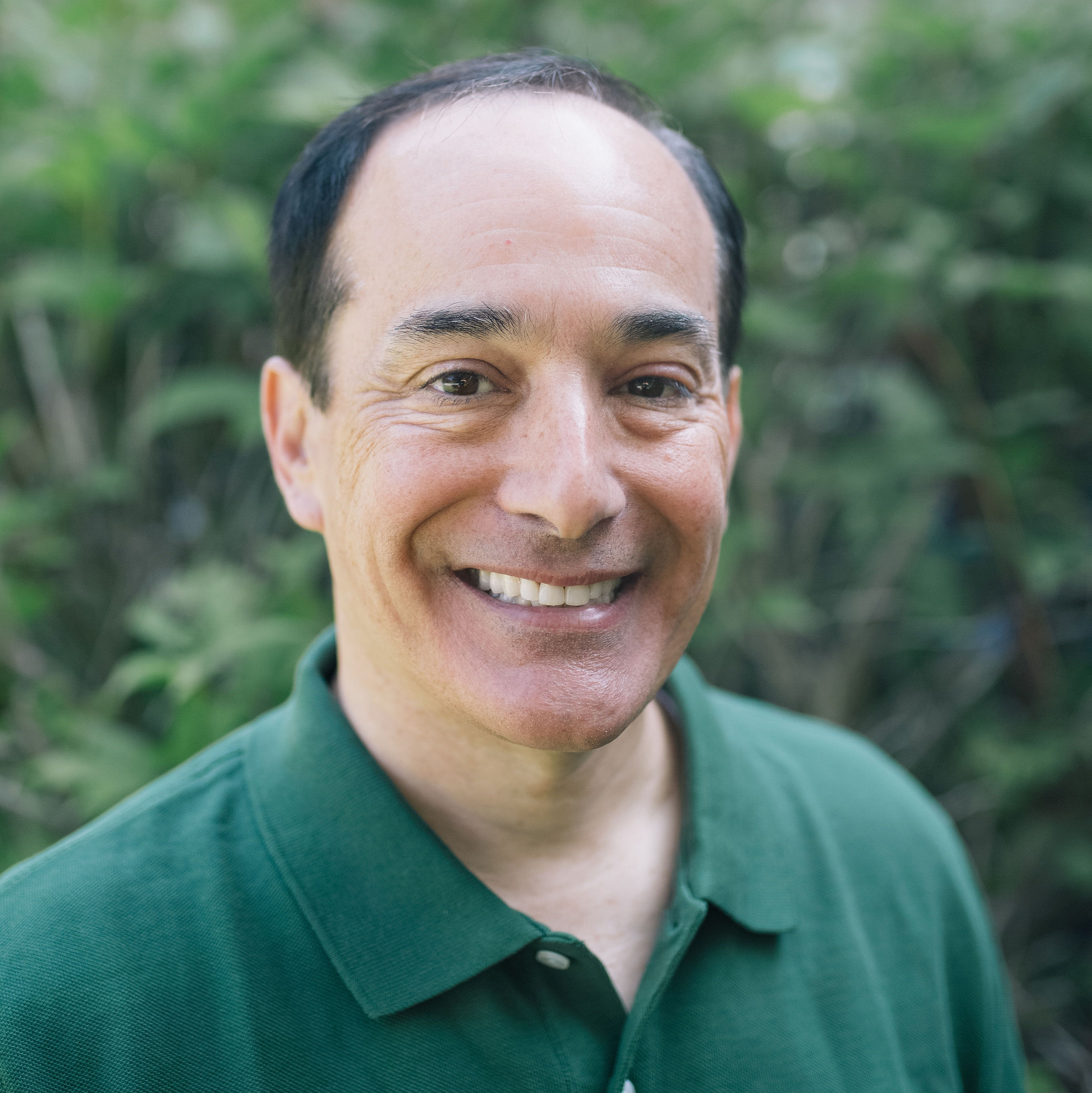How did you connect with Beyond Benign?
I connected with Beyond Benign at the National American Chemical Society meeting in Boston (2018). My student, Michal Ruprecht, was presenting our collaborative Grosse Pointe North High School/University of Detroit Mercy team’s research. The focus of the research was on creating molecules with the potential to pull harmful substances out of water. My American Chemical Society Science Coach, Dr. Mark Benvenuto, edits/writes books on Green Chemistry. As a result, I met Dr. John Warner (co-author of the 12 principles of green chemistry) and Dr. Amy Cannon (first person to earn a Ph.D. in green chemistry) at a Green Chemistry Symposium in Boston. They are the founders of Beyond Benign.
What first drew you into teaching and science education?
I wanted to do something that would attract the paparazzi. I feel that teaching and science education are always growing and changing. Prior to teaching science, I taught ABC’s to English Language Learners. I had to make a decision to continue teaching ABC’s or science education. I thought teaching science would be more challenging and sustain my inquisitiveness. Whereas, I felt I was reaching mastery level with the ABC’s. I also wanted to inspire the next generation of STEM students.
If I chose my professional legacy today, it would have two components. First, I would like to inspire students to have a Green Chemistry Growth Mindset. Second, I would like to inspire students to participate in science clubs/competitions (e.g. ChemClub, Rocketry Club, Science Olympiad, and Chemistry Olympiad).
Link to growing your green chemistry mindset: https://www.degruyter.com/view/j/psr.2017.2.issue-10/psr-2017-0056/psr-2017-0056.xml
What excites you most about teaching green chemistry?
The “relevance factor” is the key component. George Bodner talks about the relevance of green chemistry in a book chapter he wrote. I was surprised at how interested my students were in the topic. I think everyone realizes that green chemistry impacts our lives. I really like discussing the 12 principles of green chemistry in a Socratic Circle. Since I have no sense of symmetry and I really like Aristotle as a Greek philosopher, I call my discussion groups “a distorted Aristotelian Oval”. If you really take the time to study, reflect, and research the 12 principles of Green Chemistry (authored by Dr. John Warner and Dr. Paul Anastas), you will find that your green chemistry knowledge base will grow. To apply the green chemistry principles, you need to think critically and use engineering skills. These practices tie in directly with the Next Generation Science Standards.

